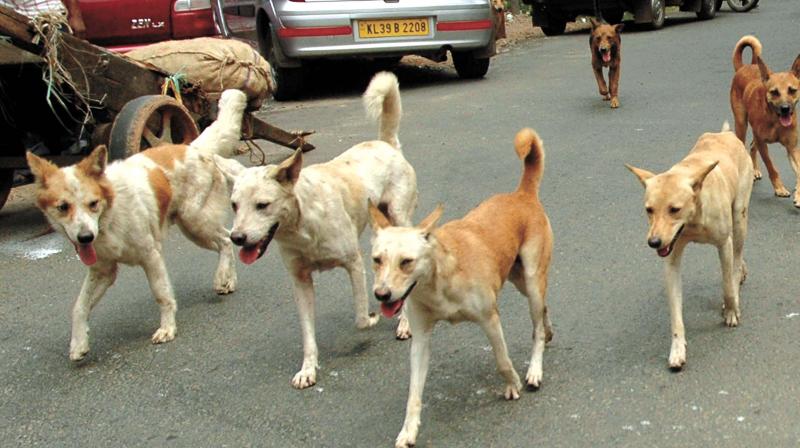Mumbai, India: As India faces intensifying heat waves, with record-breaking temperatures exceeding 45°C in March itself, animal protection organization Humane World for Animals India (formerly called Humane Society International India) urges citizens to prioritize their well-being while also showing compassion and taking necessary actions to protect animals and birds during these extreme conditions. The prolonged heat waves, aggravated by climate change, pose a grave threat to both humans and animals – from heat stress and dehydration to even fatalities.
Heat waves endangers animals of all kinds, from companion animals like dogs, cats, and birds to farm animals such as cows, goats and poultry. They face risks like heatstroke, burns from hot surfaces, overcrowding and inadequate shelter or water, which can lead to death.
Dalia Jacob, senior manager of the community engagement team at Humane World for Animals says: “Every small action counts in saving lives. In many cases, the difference between life and death is the simple act of providing shade and water. Heat waves are not just a human crisis – they’re an animal welfare crisis too. We’re collaborating with community members and volunteers to ensure that street dogs have access to clean drinking water. Additionally, we’ve set up water tubs in certain housing societies to help maintain animal’s body temperature during extreme heat.”
Praveen Suresh, manager of disaster preparedness and relief team at Humane World for Animals India says: “With heat waves affecting millions of people, the impact on animals—both companion and farmed—remains a largely overlooked crisis. According to reports, these heat waves are expected to intensify, putting both urban and rural animal populations at risk. In an agrarian country like India, where the majority of the rural population relies on both agriculture and livestock for their livelihood, the loss of animals due to heat stress poses a severe challenge. Additionally, the scarcity of feed often forces farmers to destock, further impacting their economic stability.”
Do’s and don’ts to care for animals during a heat wave:
Do’s:
Provide access to shade/makeshift shelter to help animals stay cool in hot weather.
Always check under your car before driving, many animals use them to find shade on hot days.
Place water bowls for animals and birds in multiple areas and ensure a constant supply of fresh water. Check them regularly to ensure they are full and free from contamination.
Adjust feeding times of community animals to early morning or late evening when it’s cooler.
Watch for heat exhaustion signs like panting, drooling or lethargy. Move animals to a cooler place and offer water. If needed, douse them in cool (not cold) water to help lower their temperature.
Don’ts:
Never leave animals in hot cars; it can quickly lead to heatstroke and even death.
Prevent animals from walking on hot pavement, as it can burn their paws. Stick to grass or shaded areas.
Avoid over-exercising animals during hot weather to prevent heat exhaustion and dehydration.
Don’t leave animals outside without shade and water.
If you have pets, avoid letting them go out during the hot hours of the day and avoid tying them up outside.
Avoid feeding animals food that can ferment quickly, as it may increase heat generation in their stomach.
Facts:
Heat wave is a condition of high atmospheric temperature that leads to physiological stress, which sometimes can be fatal. The temperature of any place, if it continues to be more than 45° C consecutively for two days, is then called a heat wave condition.
2024 was the warmest year in India since 1901, with severe heat waves affecting multiple regions.
The India Meteorological Department (IMD) recorded 536 heat wave days, the highest in 14 years. Northwest India experienced its hottest June on record.
Disclaimer: This media release is auto-generated. The CSR Journal is not responsible for the content.


